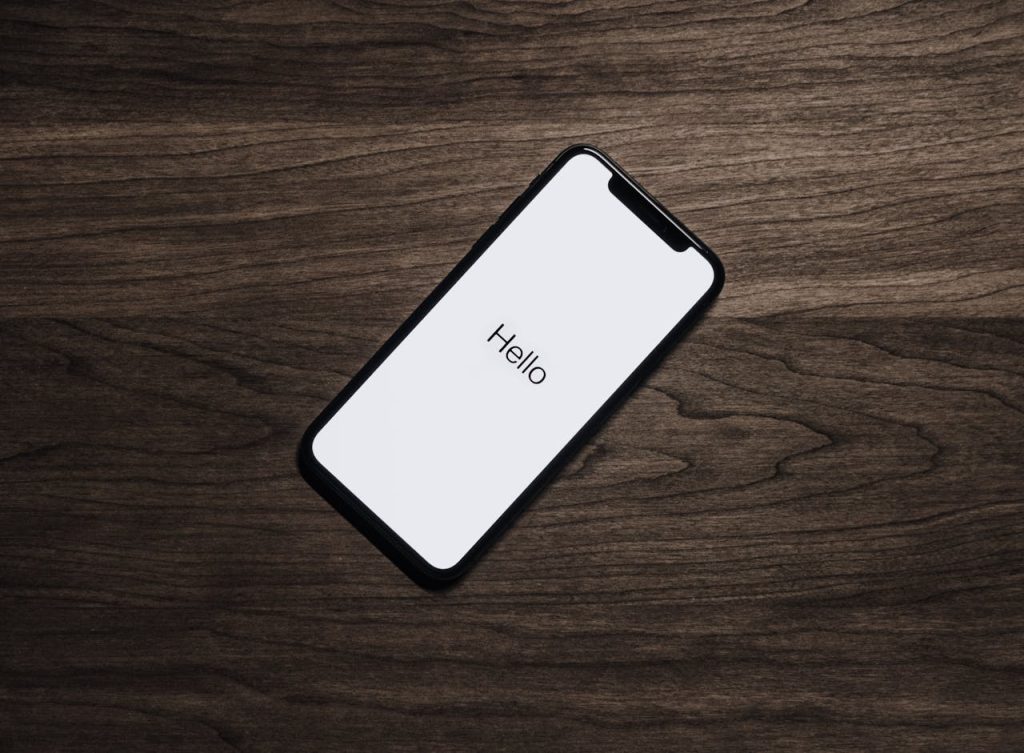In the realm of employee benefits, certain tax exemptions can significantly enhance their value. One such exemption, particularly valuable, pertains to employer-provided mobile telephones. Here’s a comprehensive guide on how this exemption works, potential pitfalls to avoid, and key considerations:
1. Provision of the Phone
The tax exemption applies under specific conditions:
- Ownership: The mobile phone must be provided to the employee without transferring ownership. The legal ownership of the phone must remain with the employer.
- Contract Arrangement: The exemption only applies if the contract for the mobile phone service (airtime contract) is directly between the employer and the mobile phone provider. If the employee contracts with the mobile phone company and the employer pays the bill, it does not qualify for the exemption.
- Reimbursements: If the employee initially pays for the phone or airtime and is later reimbursed by the employer, the exemption does not apply. This scenario is considered as the employer reimbursing personal expenses rather than providing a mobile phone benefit.
2. Tax Implications
- Benefit Exemption: When the conditions are met, the employee can use the employer-provided mobile phone for private use without being taxed on the benefit.
- One Phone per Employee: The exemption is limited to one phone per employee for private use. If the employee has another phone strictly for business purposes, the exemption can still apply to the phone used privately.
- Salary Sacrifice: The exemption does not apply if the phone is provided under a salary sacrifice or other optional remuneration arrangement. Such arrangements alter the tax treatment of benefits and should be carefully considered.
3. Practical Considerations
- Compliance: It’s crucial that employers structure the provision of mobile phones in accordance with HMRC guidelines to ensure compliance and maximize tax efficiency.
- Business vs. Personal Use: Employers should clearly distinguish between business and personal use of the phone to correctly apply tax exemptions and avoid unnecessary liabilities.
Conclusion
Employer-provided mobile phones offer a valuable benefit to employees, allowing them to use the phone for private purposes without incurring tax liabilities, provided specific conditions are met. Understanding these conditions and potential pitfalls ensures both compliance with tax regulations and the effective utilization of this benefit. For detailed advice tailored to your business’s circumstances, consulting with a tax professional or accessing official HMRC resources is recommended.


 For Help with Topic above or any Accountancy help – contact us:
For Help with Topic above or any Accountancy help – contact us: